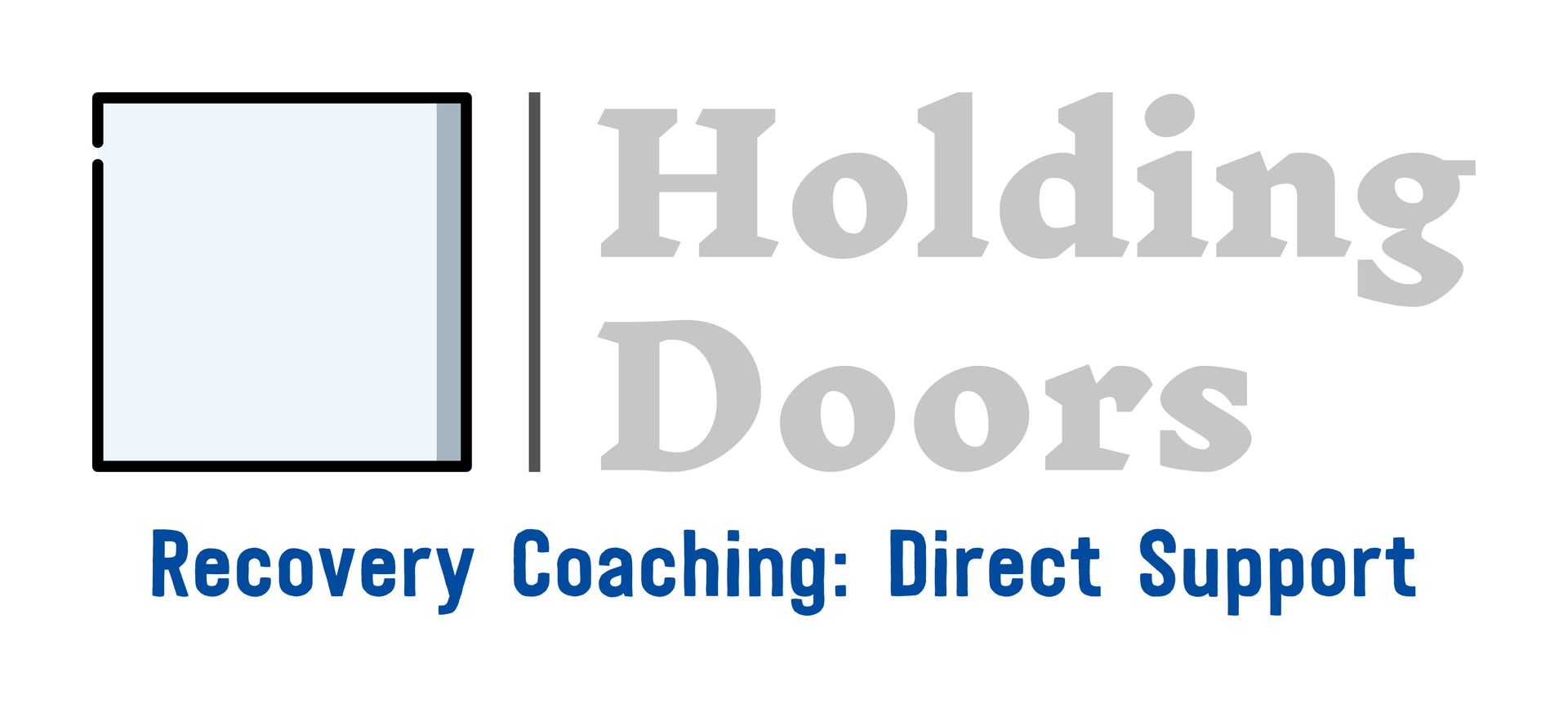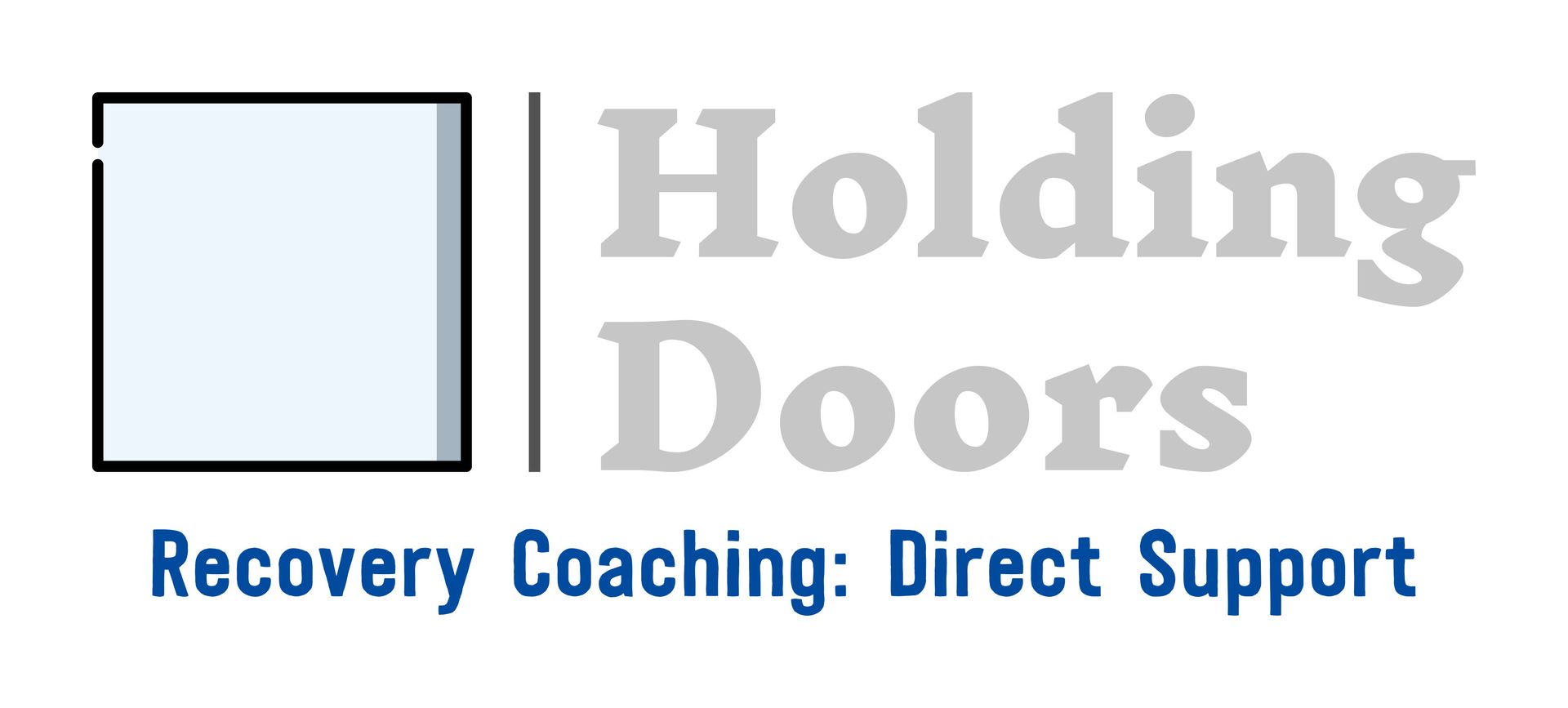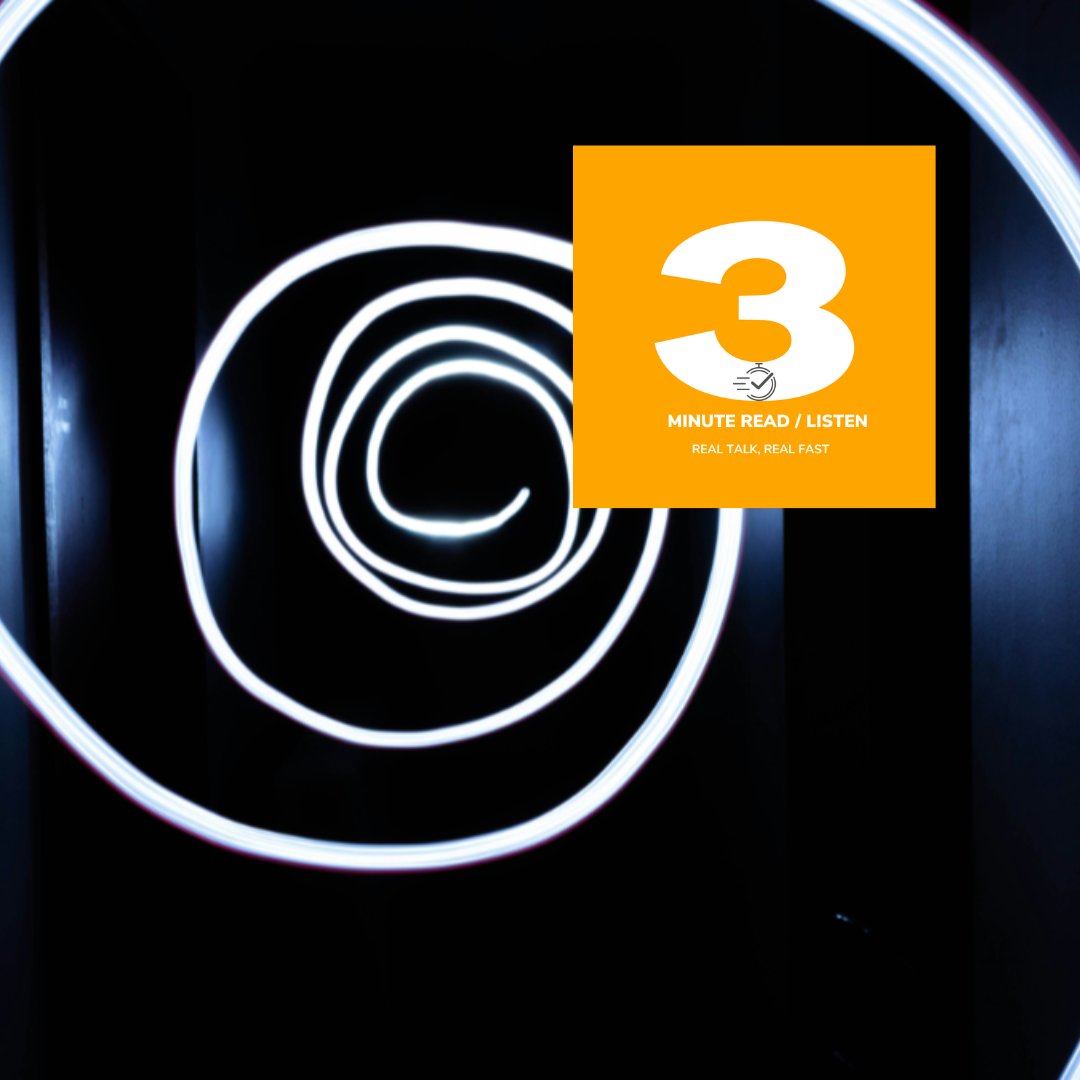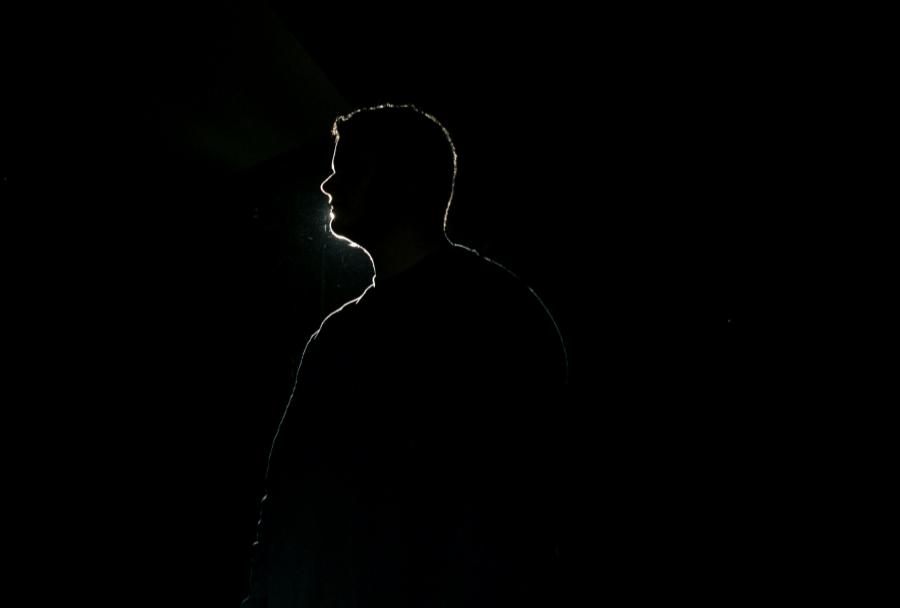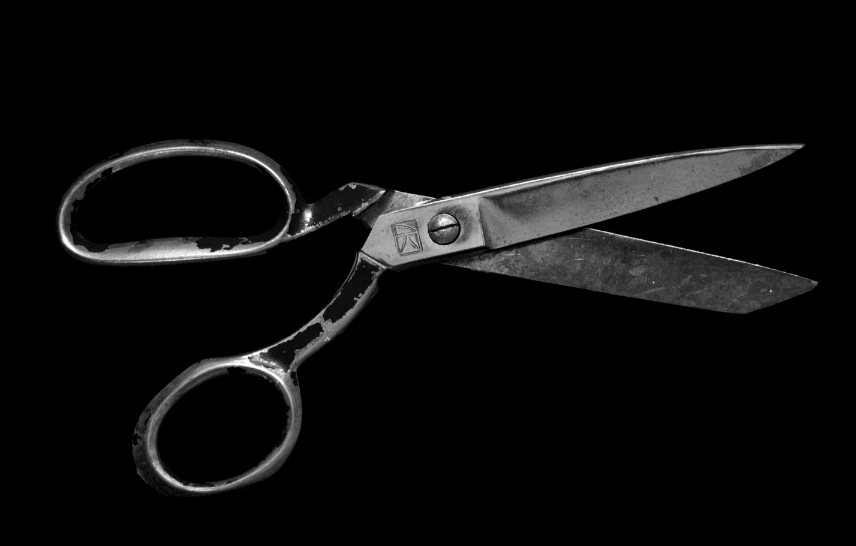Defining Your Life Post-Treatment Program: Finding Purpose & Embracing Discipline
AFTERCARE
Finding Purpose & Embracing Discipline
INTERVENTION + INPATIENT TREATMENT + AFTERCARE = REAL RECOVERY
After finishing inpatient treatment, including detox, you've reached a big milestone!!! But real recovery doesn't stop there...
NOT AT ALL!!! The true test is creating a fulfilling life beyond just being sober.
This change needs clear definitions, vision, dedication, and a good aftercare plan to turn your recovery into a happy & purpose-filled life.
TRUST ME IT'S EASY IIIIISSSSHHHH...
You need to wake up with a clear sense of direction and purpose! Beyond beating addiction, life offers many chances for growth and happiness. Many clients feel ready to leave treatment once they get through the worst part. They feel much better because they're no longer abusing substances... and their body says, thank you BUT. I always want to scream, "If you think you feel good now, imagine feeling 100 times better in 90 to 180 days. Don't quit now!" This is why I love to talk with clients before they go to treatment, to let them know they'll want to leave treatment sometimes, and that's normal.
Here are some tips to help you explore your passions, build meaningful relationships, manage your money, and live a healthy lifestyle, all while staying sober. This is just a taste of what we do with our one-on-one aftercare coaching with our partners and at Holding Doors.
Why Defining Your Life Matters
Defining your life after recovery means setting clear goals in important areas: relationships, money, faith, hope, passion, and fitness. These areas are the foundation for a balanced and happy life. I stress the word "define" because I used to let others tell me how to define and handle these areas in my life. When I couldn't meet their expectations, it led to depression and drinking.
It's okay to feel upset when you don't meet your own standards. Failing is part of the process, but it's important to judge yourself based on your true values.
When you set specific, meaningful "intentions" aligned with your values, you can map out your aftercare journey and reach your goals (FamilyHD, using the word "goals" for more simplicity right now... so don't judge haha).
What is your purpose?
What motivates you and how do you plan to demonstrate it?
What are you striving to achieve?
Human beings are fueled by purpose! We're not meant to just sit around, especially after completing a treatment program... When my clients express a desire to return home and take a few days off before resuming work, it indicates to me that they may not be prepared to leave treatment.
We are meant to be productive and accomplish things, building and creating is mission-critical!
To do this, we need to exercise discipline. Without discipline, we will never feel confident in ourselves. This is what a real aftercare coach does – discipline, discipline, discipline, mixed with some habits and rituals... and accountability!
Purpose is the fuel that drives us! Without it, we feel lost and unmotivated. Defining your life with purpose means finding what truly matters to you and working towards it. This clarity helps you prioritize your actions and make decisions that match your values and lifestyle.
They not only push you forward but also give you a sense of accomplishment and self-worth. Every milestone you reach builds your confidence and determination (Hell yeah! DOPAMINE!!!!). This positive approach turns the recovery journey from just avoiding old habits to actively building a life that excites and fulfills you.
Relationships: Building Connections that Support Your Growth
Healthy relationships are key to a fulfilling life. They provide the support and encouragement you need to thrive. After treatment, you must be around people who truly understand and lift you. Think about the kind of relationships you want to build and a supportive network. This means finding friends and family who respect your journey and know the effort it takes to stay sober. These people offer unwavering support and celebrate your successes. )Watch this - https://www.youtube.com/watch?v=zmfusKY0RU4
I often warn clients and their families that sober living isn't always the best option because we need to surround ourselves with achievers. If you're new to recovery, why hang out with amateurs if you want to move forward quickly? I'm not saying sober living is wrong for everyone, just that it's not right for many.
There are better groups where you're not always talking about "what you can't do." Sober living has its place but with caution. We can discuss this more in a call, but it's important to see how it's managed. If I wanted to get rich, I'd open a bunch of sober living homes!
Positive influences are important for your growth. Be around people who inspire you to be better, like mentors, peers, or new friends with similar goals. These relationships can provide valuable insights, motivation, and encouragement, helping you stay focused on your path. Join communities and groups that promote healthy living and personal growth. Whether it's a support group, fitness class, or hobby club, being part of a positive community can greatly enhance your recovery.
It's important to communicate your needs and limits clearly to those around you. In inpatient care, I learned the importance of opening up, sharing, talking, and being vulnerable. Reflecting on my life changes, I'd say vulnerability was the greatest thing I gained from treatment (and my clients say the same), impacting all my relationships, especially with my boys. We always have real conversations, and we never forget to say "I love you" and "Thank you" in calls and texts. My next post or video will focus on this topic because vulnerability empowered me greatly.
Remember to distance yourself from toxic influences or relationships that hinder your progress. Simply deleting a contact doesn't solve the issue (that is the advice from EVERY treatment center I know). My clients confront these individuals with vulnerability, honesty, and respect, ending the relationship with dignity.
This approach is more effective than just removing negative influences. It's also importante (sorry traveling in Spain) to have a coach, therapist, or counselor to help you practice the conversation and provide support afterward. This step is essential in the methods taught by Holding Doors and other certified treatment facilities.
Remember to take these steps for building healthy relationships: write down the qualities you value in others and seek out those who embody them. Don't be afraid to make tough decisions about who you allow into your inner circle. Your well-being comes first!!!! (so everyone in your life feels #1) and building a network of supportive, positive relationships is key to a thriving, fulfilling life after recovery.
Finances: Creating Stability and Planning for the Future
Financial stability is key for peace of mind and long-term well-being. Taking control of your money reduces stress and creates a sense of security, allowing you to focus on your recovery and personal growth. Managing your money well can prevent financial problems from triggering a relapse and help you build a stable future.
The first step to financial stability is budgeting. It might sound surprising, but everyone in our aftercare program ends up making double what they used to, and they love what they do. You'll find it easy to stick to a budget when you can tell the difference between wants and needs and when you're happy and grateful inside.
But... a good aftercare plan includes building an emergency fund, essential to financial stability. Life is unpredictable, and having savings for unexpected expenses can prevent financial crises from disrupting your progress.
Good planning is key to reaching long-term financial goals. Set both short-term and long-term goals to guide your financial decisions. Short-term goals might include paying off debt or saving for something specific, while long-term goals could involve investing in education, buying a home, or planning for retirement. Regularly review and adjust your goals to stay on track and ensure they match your changing priorities. Honestly, I am not worried about this if you become one of my clients.
Faith and Hope: Finding Strength in Belief
Whether it’s religious faith or belief in yourself, having something to hold onto can give you immense strength during and after recovery. Faith and hope are powerful forces that can inspire resilience, encourage perseverance, and give you a deep sense of purpose. They act as guiding lights, helping you face challenges with a positive outlook.
Engaging in spiritual practices is a great way to nurture your spirit and find inner peace. Activities like meditation, prayer, or mindfulness can help you connect with your HEAVENLY FATHER, providing clarity and calm. Many clients have told me they needed "one-step" faith in God. Here at Holding Doors, we believe in God, and we think He has been guiding and protecting you (&ME AND MY FAMILY), which is why you're alive today. These practices let you reflect on your journey, find comfort in quiet moments, and draw strength.
We are not fanatics. It doesn't matter if you go to church every Sunday or not. A spiritual life can mean waking up and going to bed with gratitude, even if you spend the day watching football!
Whether it's daily meditation, attending a service, or being mindful, adding these practices to your routine WILL greatly impact your well-being.
Let your beliefs offer you support and companionship!
Passion: Pursuing What You Love
Finding and pursuing your passions can bring deep joy and fulfillment, especially after treatment and into an aftercare plan. Your passion will often be discovered through your recovery journey. It took me over 40 years to find mine. But until then, live and work on ANYTHING. It doesn't matter if you're at Chipotle or in a big marketing job. Just work, work, work. Along the way, you will find a passion that brings you joy and also provides for you.
I promise!
Passion brings excitement and purpose, making life more vibrant and meaningful. By exploring what truly excites you, you can find motivation and happiness that sustain your journey of self-discovery and growth.
In a good aftercare plan, you'll step out of your comfort zone and try new activities to see what you like. It could be anything. Our aftercare planning aims for you to do a lot of things you think you don't like. If you don't like them, that's fine!
Each new experience is truly living!
Once you find activities that interest you, it's important to regularly spend time on your passions. Dedication and consistency turn a budding interest into a fulfilling hobby or lifelong pursuit. Whether it's a few hours each week or daily time, make your passions a priority. This regular engagement enhances your skills and provides a break from routine, offering a refreshing and rewarding escape. Even if it takes hours, like writing this post for me (I would be lying if I said this post took me 8 hours and the 4 hours with clients on the phone - Time is lost in passion and love!!!), I love connecting with you and sharing this journey!
Fitness: Building a Strong and Healthy Body
If a therapist ever tells you that working out too much or being overly concerned about nutrition is replacing one addiction with another, fire them immediately!
Health and fitness are the main parts of an aftercare plan! A healthy body leads to a healthy mind and life! ++++++
Physical health is important for overall well-being. Regular exercise, like running, swimming, yoga, or dancing, releases endorphins, reduces stress, and boosts energy. (Hell! going on regular walks makes a a super FUCKING star!!!) Healthy eating, including fruits, vegetables, whole grains, lean proteins, and healthy fats, is also important for physical health and a healthier mind.
Rest and sleep during aftercare are important. Make sure to get enough sleep each night and rest between workouts. Your body needs time to repair and strengthen, especially after intense activity. Prioritize good sleep habits by having a regular schedule, creating a restful environment, and avoiding stimulants like caffeine before bed. Adequate rest improves physical performance and overall health, making it easier to stick to a fitness routine. And always remember to wake up early!
The Power of Discipline: The Key to Confidence and Success
Discipline is the bridge between goals and achievement. It transforms aspirations into reality. It helps you stay focused and committed, even when challenges arise. By embracing discipline, you can make consistent progress toward your dreams, gaining control and empowerment in your life.
Routines are essential for developing discipline. Create daily habits that align with your goals. A good aftercare plan begins with identifying activities that contribute to success and integrating them into your daily schedule. Whether it's morning exercise, mindfulness, or skill development, these consistent practices form the basis of a disciplined life. Routines create a structured environment that supports your ambitions and reduces distractions.
Consistency is key in discipline. It’s not about perfection but about showing up every day (QUITING NOT AN OPTION - https://www.youtube.com/@TheGogginsCrewand) Staying consistent reinforces your commitment to your goals and builds resilience against setbacks. Even on days when motivation is low, maintaining your routines keeps you moving forward. Consistency builds reliability and trust in yourself, knowing that your efforts will achieve your desired outcomes.
Start Your Journey
Are you ready to define your life with purpose and discipline? At Holding Doors, we’re here to support you every step of the way. Our tailored aftercare programs focus on reaching crucial milestones and helping you build a life full of productivity, kindness, and quality. Don’t wait—take the first step towards your new life today. Schedule a call with us at HoldingDoors.com to see how we can help your specific situation.
Defining your life after in-patient treatment recovery is about embracing a future full of potential and purpose. By focusing on relationships, finances, faith, hope, passion, fitness, and discipline, you can build a life free from addiction and rich in fulfillment.
Healthy relationships provide support, managing finances brings stability, nurturing faith and hope gives strength, pursuing passions adds excitement, maintaining fitness enhances health, and cultivating discipline ensures commitment to your goals.
You have the power to shape your destiny through choices aligned with your values and dreams. At Holding Doors, we provide the tools, support, and encouragement needed to thrive beyond recovery, ensuring a life filled with happiness, purpose, and endless possibilities.
Are your liver enzymes high or have they been in the past?
Like me???
The Liver Brand I have my next blood test on the 26th and I will share the new number again)
*This is a recovery/health coaching education service only. It is not, and is not intended to be, medical treatment or recommendations for medical treatment. Actual medical treatment must come from your physician. Telephone or video consultations do not replace the need for seeing a doctor in person. Holding Doors recovery educators and coaches cannot diagnose or prescribe medications, treatment, or testing procedures. Holding Doors recovery educators and coaches can provide general information that may need to be reviewed and approved by that person’s own physician. Consultations are not considered to be medical advice or diagnosis. Payments are refundable; if you reschedule with 24 hours' notice, your payment will be transferred in full to your new appointment. The cost of Holding Doors recovery education and coaching services is not covered by health insurance or Medicare.
